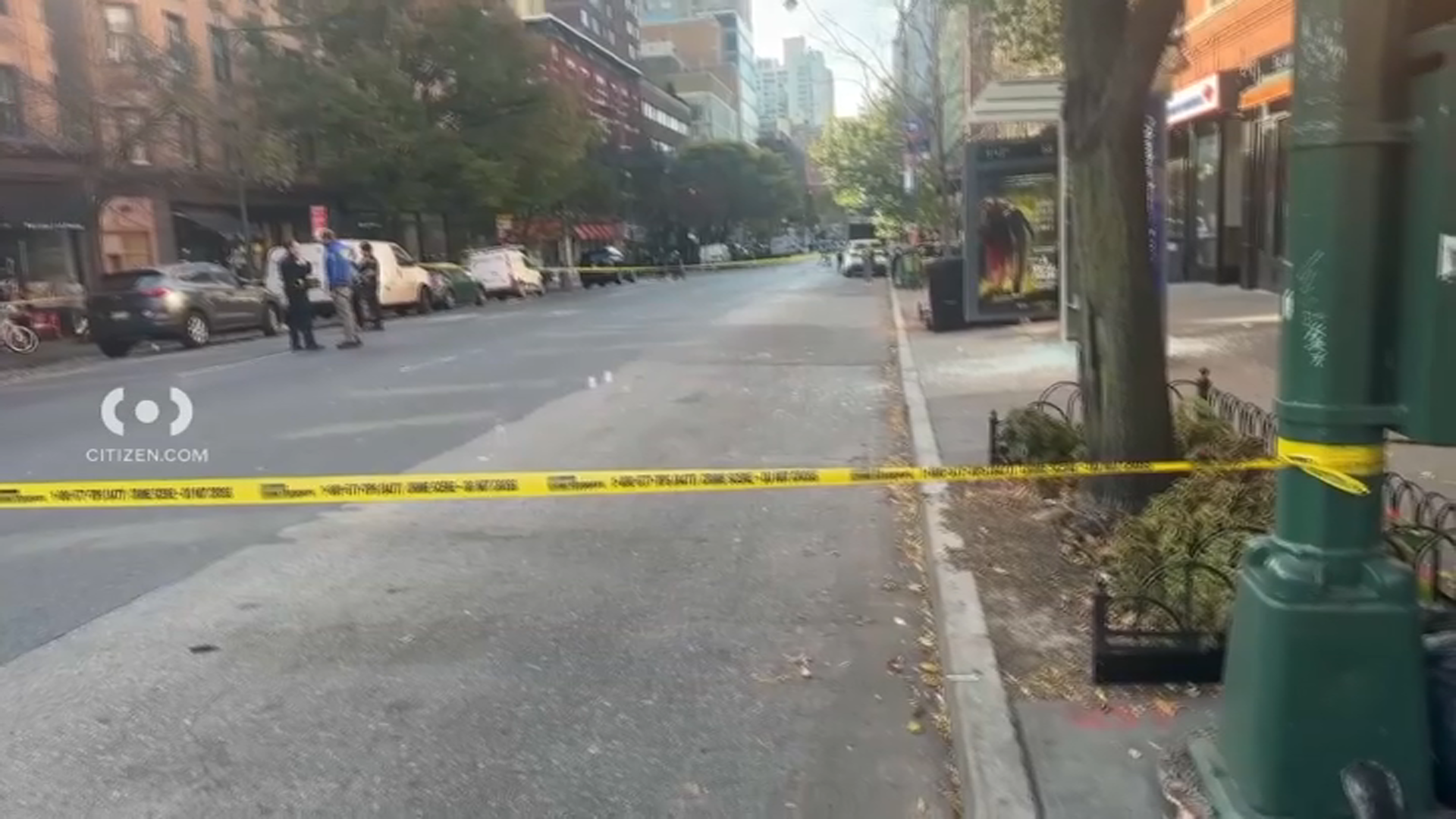More New Yorkers have tested positive for the highly contagious U.K. strain of the coronavirus, Gov. Andrew Cuomo confirmed over the weekend -- the latest cases coming from Tompkins and Westchester County.
The governor says it's a race to vaccinate as many New Yorkers as possible before mutated strains of the coronavirus take hold of the region. By Monday, over 1 million doses of a COVID-19 had been distributed throughout the state, Cuomo announced. Of the doses distributed, at least 100,000 of those have been a second dose given to New Yorkers who had already received their first.
In an effort to bolster the state's supply of vaccine, Cuomo sent a letter to Pfizer in hopes of negotiating a direct purchase of additional doses. If worked out, it's believed New York could be the first state to make a direct purchase from a vaccine supplier.
"Pfizer is a New York company - something I am greatly proud of. The company's decision to opt out of Operation Warp Speed, which the Biden administration plans to overhaul, puts it in a unique situation that could help us save lives right here in New York," the governor's letter reads in part.
The idea seemed far from a sure bet, with the pharmaceutical giant saying it would need federal approval to sell to state governments. If that were to happen, the cost and amount have yet to be be discussed.
Pfizer Inc., which developed one of the current vaccines with German partner BioNTech, said in a statement that it appreciated Cuomo’s praise and was open to working with the federal Health and Human Services Department on getting the shots as quickly as possible to as many Americans as it could.
“However, before we can sell directly to state governments, HHS would need to approve that proposal,” the company said.
Cuomo believes a second wave of the virus has not yet hit, despite a return of high hospitalizations and increasing positivity. A second wave, he insists, comes from the takeover of a second strain of the virus.
"We have not seen a second train, people started to call the holiday surge a second wave. It was a second surge, it wasn't a second wave. The second wave would be a new strain being introduced, that's what happened in 1918," he said Monday.
News
"If the CDC is right and the U.K. strain becomes dominant in March, that we then see an increased infection rate, that would not be good," Cuomo added.
New York's labs have now confirmed a total of 18 cases linked to the U.K. variant that has had local officials on alert for weeks now. Last week, researchers in Ohio said they identified two unique variants in Columbus, NBC News reports.
Experts agree that it’s not surprising that new variants have emerged in the U.S., but stress that the virus’s unchecked transmission in the country provides ample opportunities for it to mutate.
New York has so far identified two clusters of the strain: six of the cases have been linked to the Saratoga Springs jewelry store where the first lab-confirmed case in New York was found and another three cases are being investigated for possible connections to that original cluster.
A second cluster of UK strain cases has emerged and includes two cases in Suffolk County, two cases in Nassau County and one in Queens. The variant has also been detected in a Manhattan resident and isn't connected to either cluster. At his briefing earlier Wednesday, Mayor Bill de Blasio said both of the city cases were diagnosed in late December and one patient had recently traveled to the UK.
De Blasio said the CDC's decision to require negative COVID tests for all inbound international travelers falls short; he called once again for an immediate travel ban from the United Kingdom to the United States for a period of time.
"Flights from the United Kingdom should be canceled immediately by the federal government," de Blasio said. The city needs more time to shore up protection via mass vaccinations, he says.
The CDC order applies to U.S. citizens as well as foreign travelers. The agency said it delayed the effective date until Jan. 26 to give airlines and travelers time to comply.
The new restrictions require air passengers to get a COVID-19 test within three days of their flight to the U.S., and to provide written proof of the test result to the airline. Airlines are ordered to stop passengers from boarding if they don't have proof of a negative test.
According to a CDC report released Friday, the U.K. variant is projected to become the dominant strain in the U.S. at some point in March. A potentially significant increase in cases is possible at the same time.
The CDC model looked at daily reported cases through May of both the current variants of the virus and B.1.1.7, in scenarios where the reproduction rate right now was either just above or just below 1, and in scenarios where a community was or was not vaccinated.
In the worst-case scenario -- with a reproduction rate above 1 and no vaccination -- there could be as many as 80 new cases per 100,000 people by May, or more than a quarter-million new cases every single day.
COVID is already widespread in the U.S., with more than 22 million cases reported to date, including more than 375,000 deaths.



